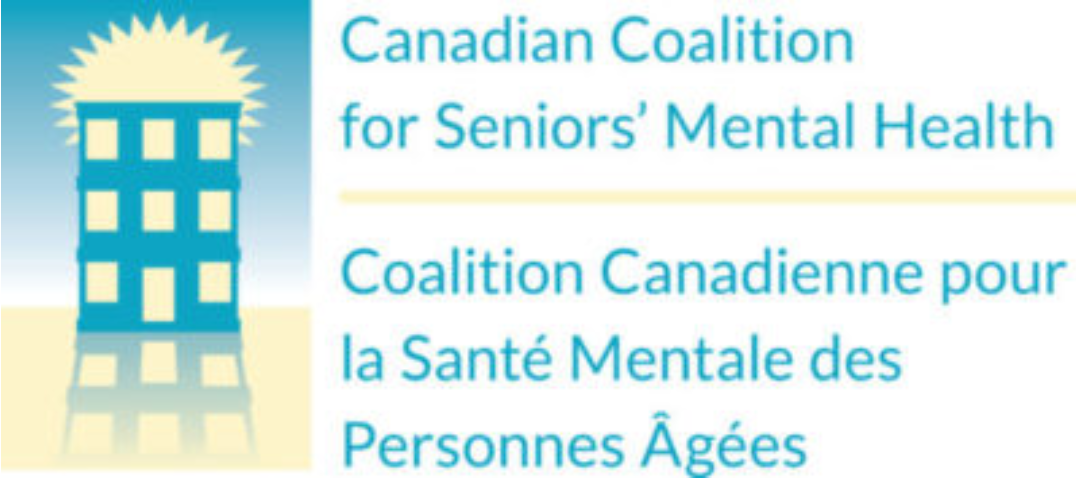
Canada Launches First-Ever Clinical Guidelines on Substance Use Disorders in Older Adults

As clinicians and community-based individuals, we encounter problematic substance use as well as Substance Use Disorder among older adults in our daily work. Canadian healthcare providers now have the tools they need to better support the prevention, assessment and treatment of older adults at risk of, or living with, substance use disorders.
The Canadian Coalition for Seniors’ Mental Health (CCSMH) officially launched 4 sets of Clinical Guidelines on Substance Use Disorders in Older Adults on January 20th, 2020. The project was funded by Health Canada. These Clinical Guidelines on the prevention, screening, assessment and treatment of Alcohol, Cannabis, Benzodiazepine and Opioid Use Disorders among older adults are available online at www.ccsmh.ca. In addition to these Guidelines, the CCSMH will be producing community brochures and other knowledge translation material on substance use disorder among older adults in the coming months.
Key Messages from each Guideline Document
Alcohol Use Disorder Guidelines
Alcohol Use Disorder (AUD) and risky alcohol consumption is common among older adults, with problem drinking rates reported to be as high as 22%. 1–22% Older adults need and deserve a continuum of care for Alcohol Use Disorder (AUD) that matches the severity, life circumstance, concurrent mental and physical health issues, and social transitions which they are experiencing. Click here to read more about low risk drinking guidelines for older adults.
Benzodiazepine Receptor Agonist Use Disorder Guidelines
Benzodiazepine receptor agonists (BZRAs) are the most commonly prescribed psychiatric medication among all adults. Despite the wide agreement that BZRAs should be avoided whenever possible in older adults, these medications continue to be frequently prescribed. Click here to read more on a recommended BZRA tapering schedule.
Cannabis Use Disorder Guidelines
Older adults have a higher lifetime prevalence of use and past year use of cannabis than any generation that precedes them. This increased lifetime exposure, coupled with the recent legalization of non-medical cannabis use in Canada and subsequent increase in public interest, has driven the need for health professionals to be aware of the most recent research on the use of cannabis for medical and non-medical purposes. Click here to read more about the interaction of cannabis with age-related physiological changes.
Opioid Use Disorder Guidelines
In Canada, from 2007 to 2015, opioid overdoses that resulted in hospitalizations (referred to as poisonings) were consistently higher among older adults than any other age cohort. In addition to this, there are older adults with longstanding OUD who require treatment for their addiction and related health problems. Click here to read more including multiple age-appropriate treatment and management options for older adults with an OUD.
Check out our formal press release of these first-ever national Clinical Guidelines on Substance Use Disorders among Older Canadians here:
https://www.newswire.ca/news-releases/release-of-first-ever-national-clinical-guidelines-on-substance-use-disorders-among-older-canadians-821058242.html
 202
202 






